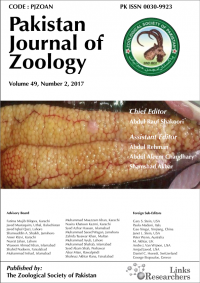Sirt1/AMPK and Akt/mTOR axes regulate cellular energy homeostasis and metabolism. Sodium butyrate (NaB) is a product of healthy gut microbiota and a histone deacetylase inhibitor. Recent studies have shown that NaB activates the intracellular pathways involving key metabolic regulator molecules. However, the effect of NaB on Sirt1/AMPK and Akt/mTOR axes is not reported. We compared genetic expression of Sirt1, AMPK, Akt, and mTOR in adipose tissue from mice treated with NaB versus placebo. Four groups of mice (n=27) mice were administered oral NaB, intraperitoneal (i.p) NaB, oral placebo or i.p placebo for 16 days. RNA was isolated from the epididymal fat pads and relative genetic expression of AMPK, Sirt1, mTOR and Akt was measured using real time PCR. Oral NaB group showed decreased genetic expression of AMPK (0.04 fold, p<0.001), mTOR (0.30 fold, p=0.04), Akt (0.29 fold, p=0.67) and Sirt1 (0.83 fold, p=0.18). In the I/P group AMPK (2.26 fold, p=0.33), Akt (1.3 fold, p=0.59) and Sirt1 (1.69, p=0.45) were increased while mTOR was unchanged (0.99 fold, p=0.81). Our study for the first time reports on change in genetic expression of Sirt1/AMPK and Akt/mTOR axes in adipose tissue of mice given oral and intraperitoneal NaB treatment.










